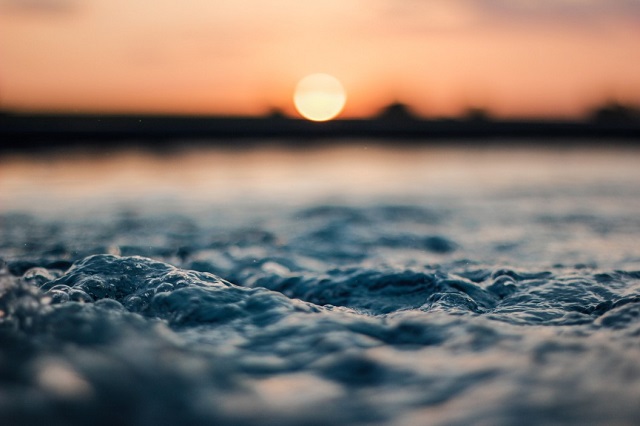Healthy oceans are critical for our well-being and society as they provide more than 50% oxygen on Earth, helps to regulate the climate, feeds billions of people, creates jobs and hosts rich and invaluable ecosystems. The oceans, coastal marine environments and freshwater resources also indicates us about their health and sustainability, and hereby revealing our health. However, the biodiversity in marine and freshwater ecosystems has declined radically over the past few decades usually due to activities taking place far from its shores. The growth of megacities and their population, the continued urbanization, unsustainable consumption, changes in lifestyles and diets are all among the factors which impact freshwater ecosystems and ocean heath.
This online session will explore ways in which the freshwater and ocean communities can increase their collaboration to better understand, monitor and reduce pollution across the source-to-sea continuum of inland, coastal and marine ecosystems. It explores how holistic source-to-sea management can provide multiple benefits across the system as a whole and would be catalytic by enhancing integration in the context of governance, management as well as the science needed to underpin these.
The session will then introduce several practices to improve the current situation from both the science and governance point of view. Cases from Africa, Asia, North America and Europe will be showcased to demonstrate the benefits that arise from taking upstream-downstream linkages together with marine resource management.
The importance of collaboration between the freshwater and marine communities has been raised in various fora, however very few initiatives and actions are taking place on the ground. Raising this topic as part of this satellite event will be catalytic in bringing key stakeholders from both communities together to recognize the importance of collaboration and to explore the ways in which they can truly work together.
The event will be open to all who are interested in working with this topic, ensuring gender, geographical, multi-actor and multidisciplinary approaches, as well as generational inclusivity where participants will have the chance to ask their questions directly from the speakers.
WHEN: Thursday, 18 November 2021, at 11:00 (Washington DC), 10:00 (Rio de Janeiro), 13:00 (London), 14:00 (Stockholm), 15:00 (Johannesburg), 21:00 (Beijing).
Duration: 80 minutes
HOW: Registration is required, please use this link.
WHAT: The session will feature speakers, representing the freshwater and marine science communities, decision makers, practitioners and advocates for clean water and ocean, who will discuss and share different experiences on the following topics:
- What are the major pollution challenges in the source-to-sea continuum that threaten the health of oceans?
- How can freshwater and ocean communities can increase their collaboration through S2S approach?
- What impacts and mutual benefits can the S2S approach create for upstream and downstream
- How does this approach provide avenue for coordination of the Sustainable Development Goals?
WHO:
The confirmed speakers are:
-
Dr. Yumiko Yasuda (Event moderator and Co-Chair), Senior Network & Transboundary Water Cooperation Specialist, Global Water Partnership,
-
Sarantuyaa Zandaryaa - Programme Specialist for Water Quality, UNESCO
Speakers:
- Martha Rojas Urrego – SG, Convention on Wetlands
- Hans Paerl - University of North Carolina - Chapel Hill's Institute of Marine Sciences
- Ruth Mathews - Senior Manager / Coordinator, Action Platform for Source-to-Sea Management (S2S Platform)
- Maria Antonia Tanchuling – Researcher, University of the Philippines
- Jerker Tamelander - Director, Science and Policy, Secretariat of the Convention on Wetlands
- Dr Eunice Ubomba -Jaswa, Research Manager, Water Resources Quality and Management, Water Research Commission
- Rüdiger Strempel - Executive Secretary of HELCOM
- Abou Amani, Director of the Division of Water Sciences and Secretary of the Intergovernmental Hydrological Programme (IHP), UNESCO

